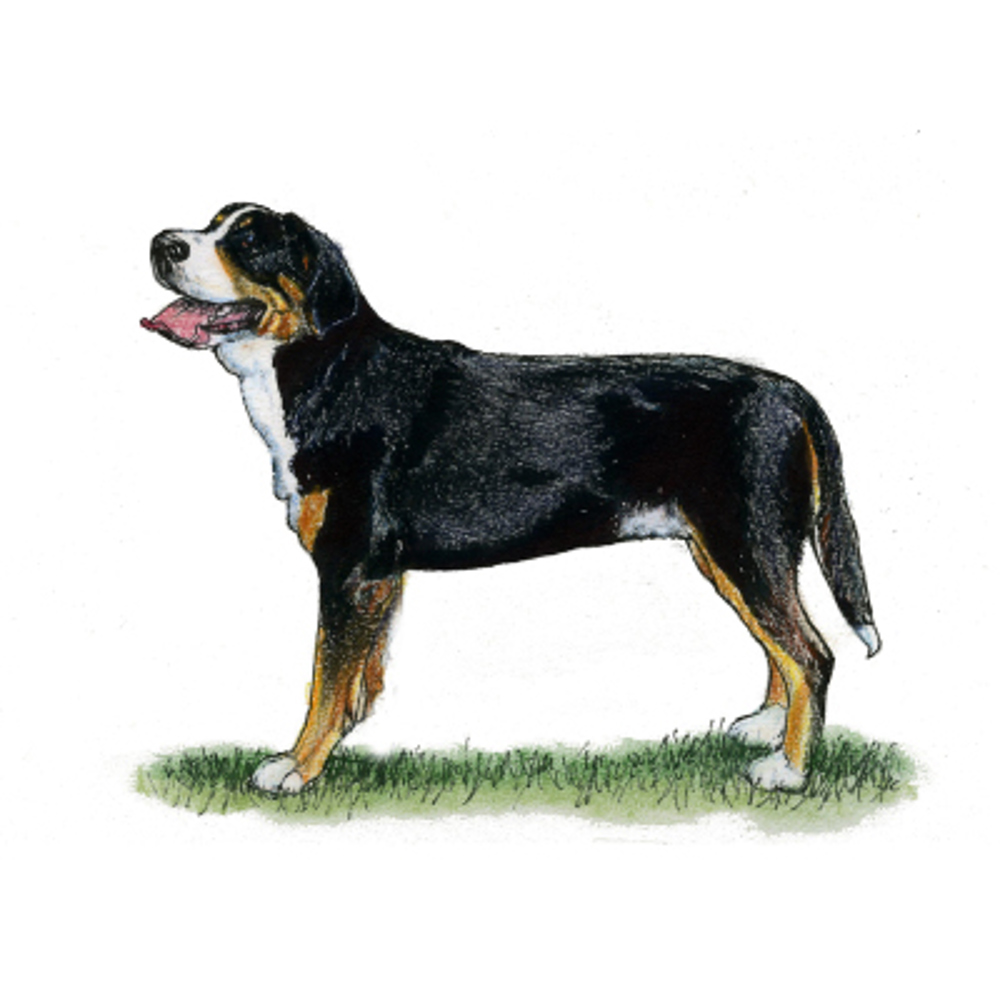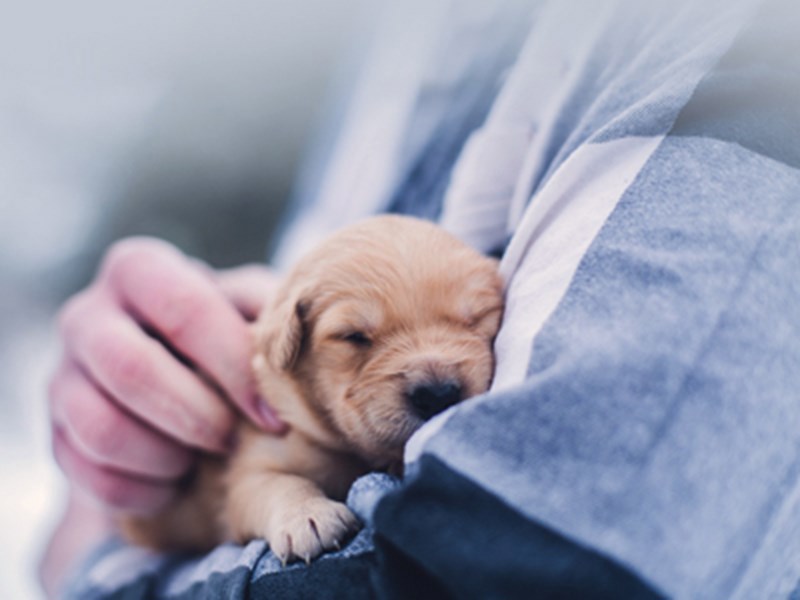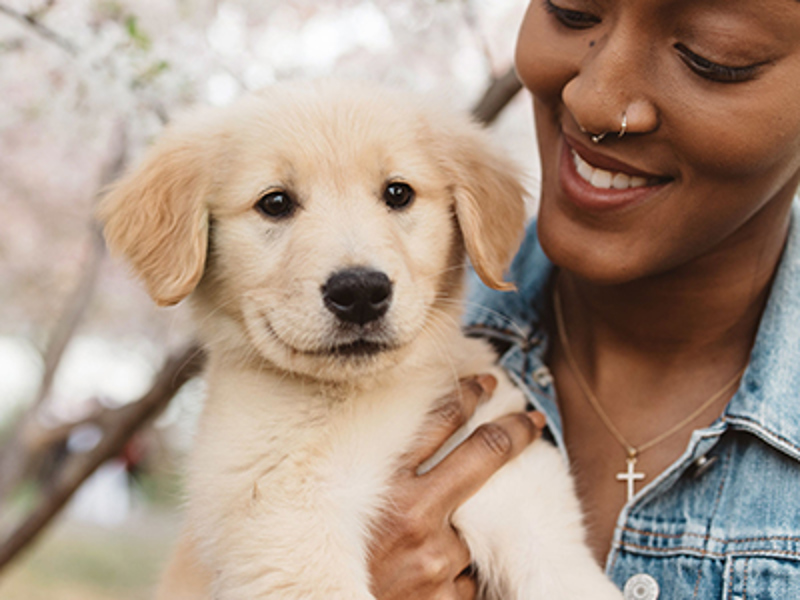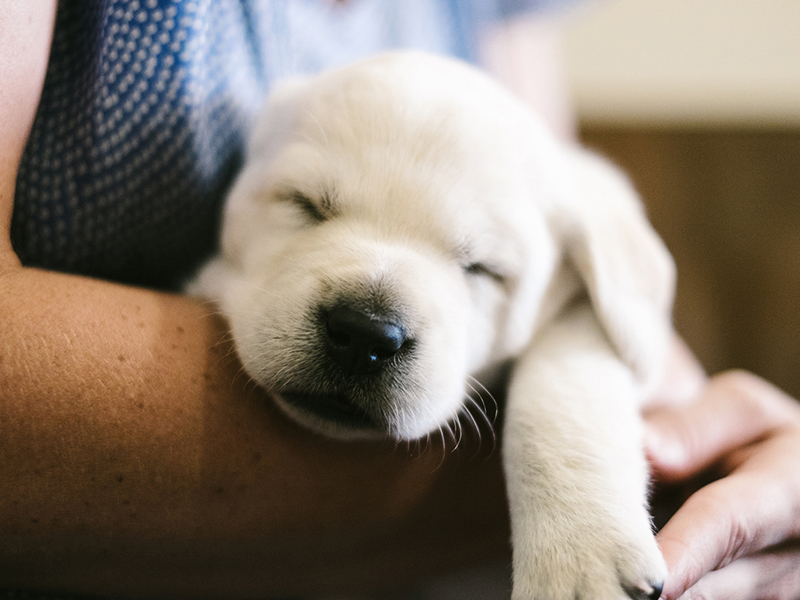
Great Swiss Mountain Dog
Breed characteristics
- Size
- Large
- Exercise
- Up to 1 hour per day
- Size of home
- Large house
- Grooming
- Once a week
- Coat length
- Short
- Sheds
- Yes
- Lifespan
- Over 10 years
- Vulnerable native breed
- No
- Town or country
- Country
- Size of garden
- Large garden
About this breed
As the name suggests, the Great Swiss Mountain dog is the largest of the Swiss herding breeds and the heaviest in build. He shares the same origins as the Bernese and carries the typical tricolour markings but he has a short dense coat and is perhaps a little heavier in head.
The breed was used for herding cattle, as a guard dog and as a carting dog. Often working in pairs, the Great Swiss Mountain Dog was used for pulling milk carts to the cheese factories and taking the cheeses to market.
Images for this breed
The Working breed group
Over the centuries these dogs were selectively bred to become guards and search and rescue dogs. Arguably, the working group consists of some of the most heroic canines in the world, aiding humans in many walks of life, including the Boxer, Great Dane and St. Bernard. This group consists of the real specialists in their field who excel in their line of work.
Breed standard colours
Breed standard colour means that the colour is accepted within the breed standard and is a traditional and well-known colour in this breed.
Breed standard colours in this breed include:
- Tricolour
Other colour/s
'Other' means you consider your puppy to be a colour not currently known within the breed and one that does not appear on either the breed standard or non-breed standard list. In this instance you would be directed through our registrations process to contact a breed club and/or council to support you on identifying and correctly listing the new colour.
Non-breed standard colours
Non-breed standard colour means that the colour is not accepted within the breed standard and whilst some dogs within the breed may be this colour it is advised to only select a dog that fits within the breed standards for all points.
Colour is only one consideration when picking a breed or individual dog, health and temperament should always be a priority over colour.
Health
Whether you’re thinking of buying a puppy, or breeding from your dog, it’s essential that you know what health issues may be found in your breed. To tackle these issues we advise that breeders use DNA tests, screening schemes and inbreeding coefficient calculators to help breed the healthiest dogs possible.
More about health
Important health schemes and tests
We strongly recommend that all breeders, both assured breeders (ABs) and non ABs, use the following (or equivalent) schemes, tests and advice.
Currently there are no additional health screening schemes or DNA tests for this breed. You may want to speak to your breeder, vet or local breed club about any health issues in the breed.
Find out about a particular dog's results
Please visit our Health Test Results Finder to discover the DNA or screening scheme test results for any dog on The Kennel Club's Breed Register.
You can also view the inbreeding coefficient calculation for a puppy's parents, or for a dog you're thinking of breeding from.
Have any questions about health in your breed?
If you have any concerns about a particular health condition in your breed then you may wish to speak to your vet or you could contact your breed health co-ordinator.
Breed health co-ordinators are individuals working on behalf of breed clubs and councils who are advocates for the health and welfare of their chosen breed. They acts as a spokesperson on matters of health and will collaborate with The Kennel Club on any health concerns the breed may have.
To contact your breed health co-ordinator please email
Breed watch
Category 1
Currently no points of concern specific to this breed have been identified for special attention by judges, other than those covered routinely by The Kennel Club breed standard.
Breeding restrictions
There are a number of The Kennel Club's rules and regulations that may prevent a litter from being registered, find out about our general and breed specific breeding restrictions below.
More about breeding
There are not currently any additional breed specific restrictions in place for this breed.
Looking for a puppy?
Looking for a Great Swiss Mountain Dog? Explore our list of puppies and rescue dogs for sale near you.
More information

Need to find out more about a breed?
Use our Find a Club service where you can locate breed clubs that can offer support and advice.

Use our Find a Puppy service
The Kennel Club's Find a Puppy service provides contact details for breeders who have puppies available. Let's help you find your new best friend.

Get the best lifetime pet insurance
At Kennel Club Pet Insurance, we want you to focus on getting the best possible treatment for your dog without worrying about the cost.
